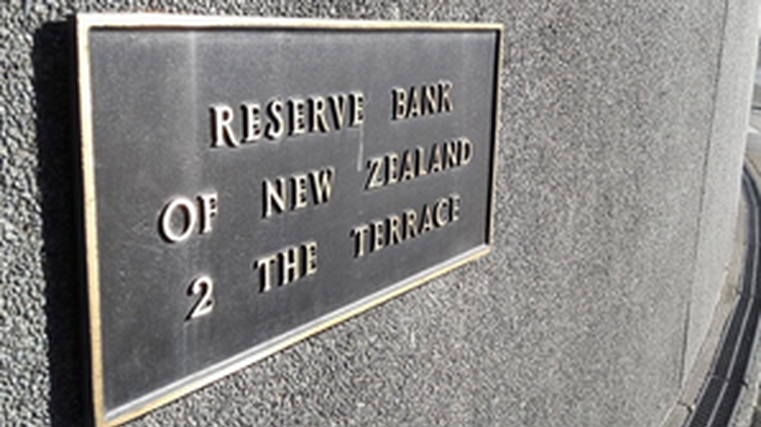Official cash rate down to 4.75%

The Reserve Bank of New Zealand has cut the official cash rate (OCR) by 50 basis points from 5.25 per cent to 4.75 per cent to “achieve and maintain low and stable inflation”.
Members of its monetary policy committee made the decision after a meeting on October 9 where they noted annual consumer price inflation is within the bank’s one to three per cent inflation target range and converging on the two per cent midpoint.
The committee agreed economic activity in New Zealand is subdued, in part due to restrictive monetary policy.
Business investment and consumer spending have also been weak, employment conditions continue to soften, and low productivity growth is constraining activity.
“The New Zealand economy is now in a position of excess capacity, encouraging price and wage-setting to adjust to a low-inflation economy. “Lower import prices have assisted the disinflation,” the Reserve Bank says.
“The committee agreed that it is appropriate to cut the OCR by 50 basis points to achieve and maintain low and stable inflation, while seeking to avoid unnecessary instability in output, employment, interest rates, and the exchange rate.
“Economic growth is weak, in part because of low productivity growth, but mostly due to weak consumer spending and business investment. High-frequency indicators point to continued subdued growth in the near term.”
The committee expects labour market conditions are to ease further, with filled jobs and advertised vacancy rates continuing to decline.
More generally, weak house price growth, lower levels of net immigration, and ongoing fiscal consolidation from spending restraint, are expected to constrain aggregate demand growth.
The committee noted that while wholesale and bank interest rates have declined, financial conditions remain restrictive, and credit demand remains subdued.





